Why Assad’s fall is a blow to Putin — and exposes Russia’s weakness
Moscow has downplayed the fall of its biggest ally in the Middle East, but the Kremlin’s credibility has been severely weakened by the war in Ukraine.
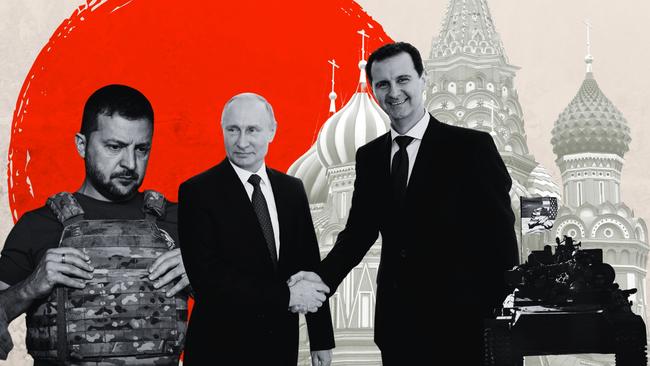
Within hours of Syrian rebels entering Damascus, Russian state television attempted to downplay the significance for Moscow of the collapse of President Assad’s regime, the Kremlin’s biggest ally in the Middle East.
It was a hard sell. When President Putin launched a military campaign in Syria in 2015, the move was portrayed in Moscow as evidence that Russia was re-emerging as a global power with the potential to challenge the West.
Over the following years, the Kremlin spent billions of pounds on propping up Assad, while milking the optics of its military intervention, even flying western journalists to its air and naval bases in Syria. The message was clear: Russia was in Syria to stay.
Yet by Sunday evening, after Assad and his family had been granted asylum in Moscow, Kremlin propaganda had switched to telling Russians that the dramatic events in Damascus were relatively unimportant.
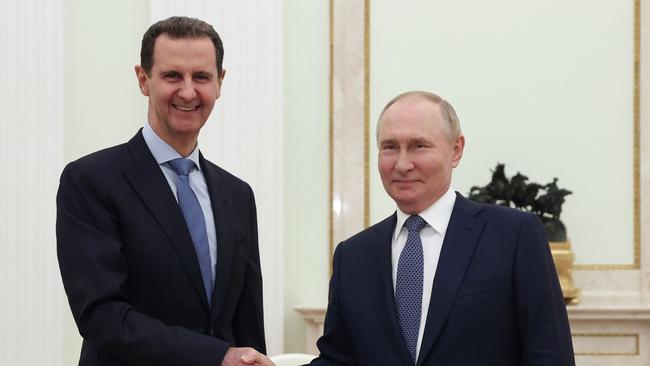
“For us the priority is Russia’s own security - what is happening in the zone of the special military operation [in Ukraine],” Dmitry Kiselyov told viewers of his current affairs show.
The argument was echoed by other media in Moscow. However, not all of the Kremlin’s supporters were so willing to dismiss Assad’s downfall. Although Russia has said it plans to negotiate with Syria’s new rulers over the future of its military bases in the war-ravaged country, their future is far from unclear.
“[This is] a colossal geopolitical defeat and the loss of our military presence in the Middle East, for which we have fought so hard for the last nine years,” declared Voyennyy Osvedomitel [Military Informant], an influential Russian Telegram channel.
Although Russia has said it plans to negotiate with Syria’s new rulers over the future of its military bases there, their future is far from clear.
There is no doubt that for Putin the war in Ukraine overrides all other concerns. Yet his dark obsession with subjugating Kyiv has contributed, analysts say, to a decline in Russia’s ability to influence events elsewhere.
Ruslan Pukhov, head of the Centre for Analysis of Strategies and Technologies think-tank in Moscow, said Russia’s all-out war in Ukraine had led to a “weakening” of the Kremlin’s military and strategic capabilities in Syria that eventually led to the collapse of the Assad regime.
With hundreds of thousands of troops deployed to Ukraine, Moscow had been unable to commit additional forces to Syria. The redeployment of Wagner Group mercenaries from the Middle Eastern country to eastern Ukraine also left the Kremlin with fewer options to support Assad, he said.
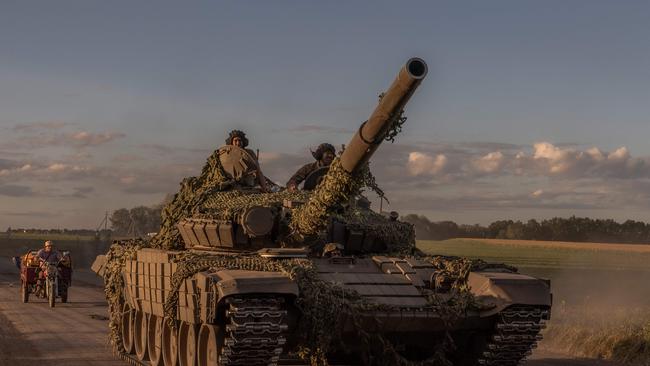
“The lessons of intervention in the Syrian war are obvious. The first and most important one lies on the surface, demonstrating the great limitations of Russia’s ‘great power’ and interventionist policy abroad,” Pukhov wrote in Kommersant, a Russian newspaper.
“Moscow does not have sufficient military strength, resources, influence or authority for effective interventions by force outside the former Soviet Union... It is entirely possible to bluff about your strength and capabilities on the world stage but it is important not to start believing in your own bluff.”
It is relatively rare for Russian media to publish such openly critical articles unless Moscow feels the need to allow critics to let off steam.
“Russia has been present in Syria since the Soviet times. And Putin f***ed it all up in two weeks. And for what? To take another village in Ukraine?” a Russian journalist in Moscow said.
It could be argued that for Putin, Syria was important because it allowed him to challenge the West and test new weapons, two things he can now do on a far larger scale in Ukraine. There are also concerns that if Russia does withdraw totally from Syria, it will redeploy its forces to the battlefields of Donbas, exerting further pressure on the Ukrainian army.
Putin’s bid to regain and expand Russia’s influence beyond its borders appeared to be on an upward trajectory after the Kremlin’s seizure of territory in Georgia in 2008, its annexation of Crimea in 2014 and its military deployment to Kazakhstan in early 2022 to help quash anti-government protests.
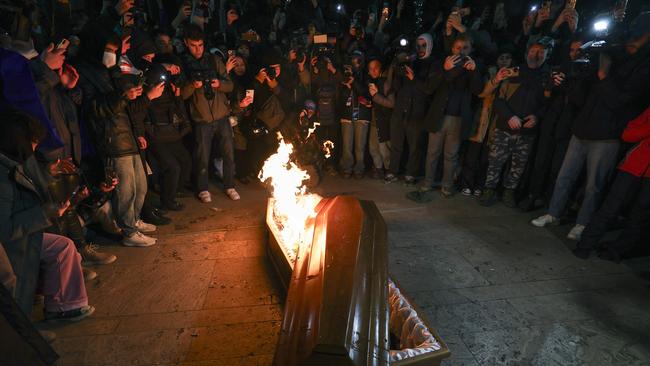
Yet since the start of its invasion of Ukraine almost three years ago, Putin has been on a losing streak. Despite making notable gains in Ukraine in recent months, Russia has been unable to topple President Zelensky or seize any major cities since the early months of the war.
Russia’s setback in Syria comes after suspected Kremlin meddling in Moldova failed to derail the former Soviet country’s bid to join the European Union and bring down its pro-western leader. Last week, neighbouring Romania scrapped the results of the first round of presidential elections that ended in victory for Calin Georgescu, an ultranationalist who had criticised Nato, the EU and military aid to Ukraine. The Romanian intelligence services alleged his campaign had been supported by an “aggressive” Russian disinformation campaign.
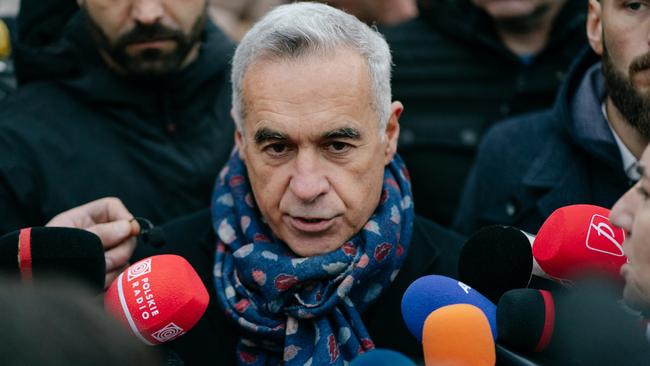
While there is not always a direct link between the war and the Kremlin’s inability to maintain its influence beyond its borders, Russia’s massive losses in Ukraine have destroyed its credibility and ability to project strength, said Ben Dubow, a senior fellow at the Centre for European Policy Analysis. “Putin spent much of his first two decades in office rebuilding Russian identity as a world-historic nation, one which would end western hegemony and bring about a multipolar world order. That vision is now in shambles,” he said.
For Putin, the sight of Assad fleeing for his life will rekindle memories of the Wagner mutiny last year that briefly threatened to plunge Russia into civil war. The heavily armed mercenaries were met by jubilant crowds in southern Russia and got to within 125 miles of the Russian capital before calling off their rebellion. “It is worth remembering this when yet another expert assures us of the strength of Putin’s regime,” Andrei Pivovarov, a Russian opposition figure, said.
The Times


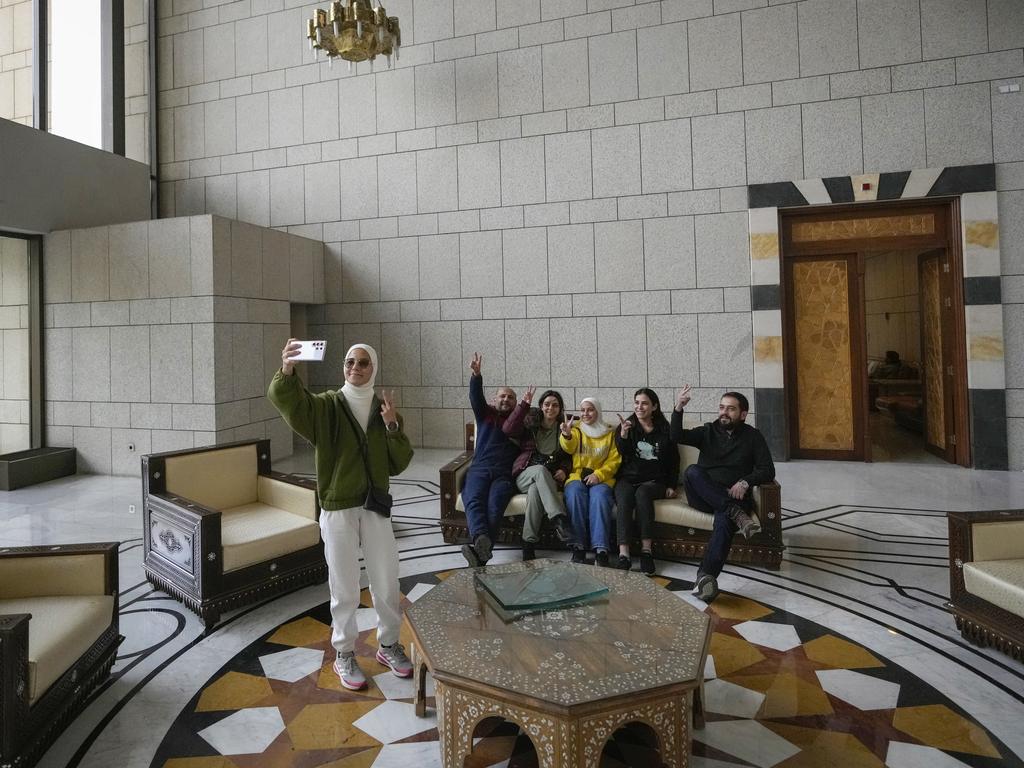
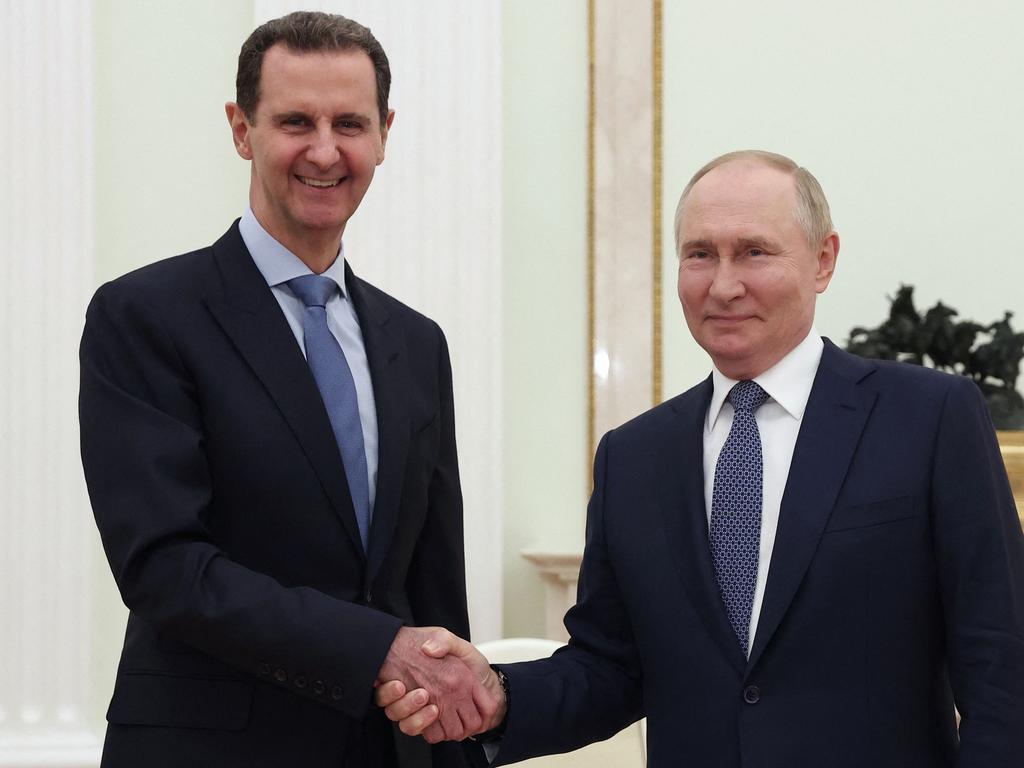
To join the conversation, please log in. Don't have an account? Register
Join the conversation, you are commenting as Logout